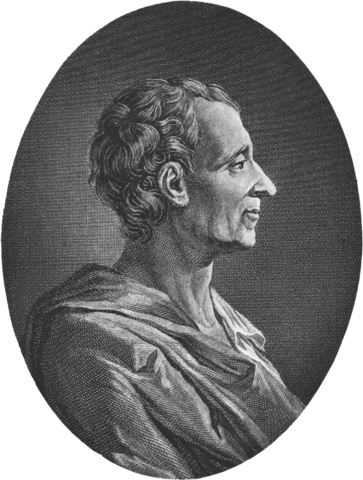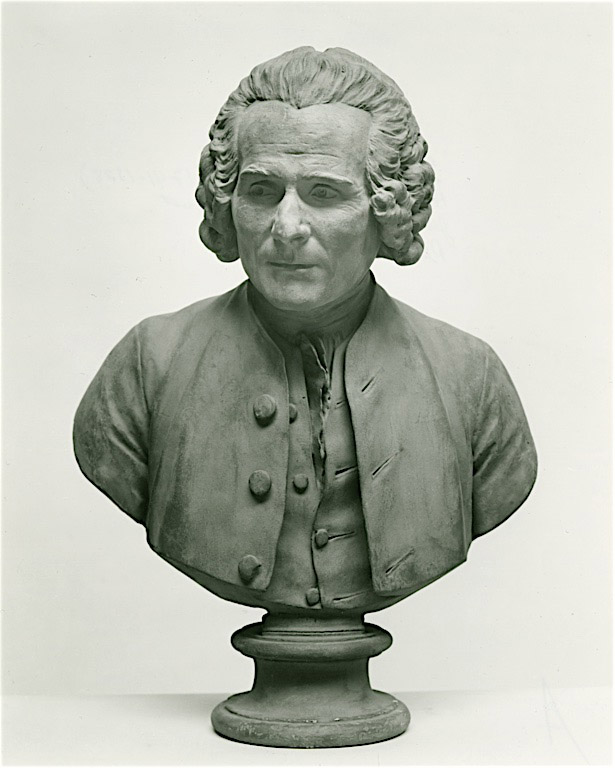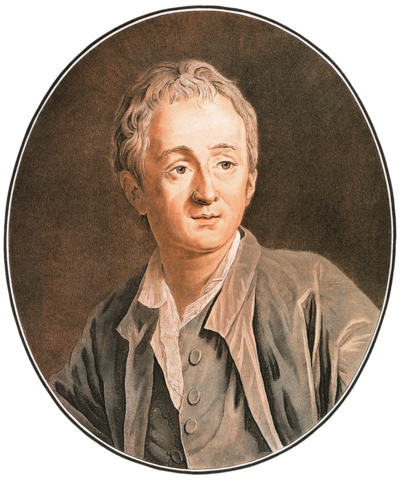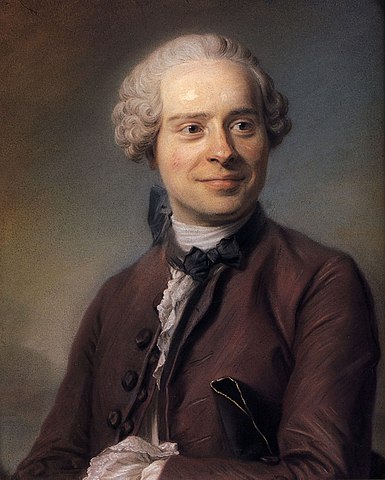France | Revolution
French Enlightenment Philosophers
Published: 9 February 2020
A handful of French Enlightenment thinkers.
Introduction
The Enlightenment movement (17th and 18th centuries) is closely linked to the French Revolution. It undeniably influenced the new constitution and paved the way toward a nation with separation of church and state. The enlightenment ideals of critical, independent thinking and rationalism found their way into the structure of the state, forms of meritocracy and judicial system. For instance, the revolutionary motto liberté, égalité et fraternité is an extension of enlightenment ideals.
In other words, one cannot understand the French Revolution without studying the enlightenment. So, let us go over some essential French Enlightenment thinkers and examine what their most famous ideas are.
René Descartes

While René Descartes was born a Frenchman, he lived in places all across Europe. He was particularly fond of the Netherlands, which censored fewer books than France did. On these travels, Descartes talked to many like-minded people, such as the Dutchman Isaac Beeckman.
Descartes is sometimes called the 'father of modern philosophy' as he was foundational in the establishment of 'epistemology' and rigorously theorized about people's perception. Descartes found that people's minds are the cause of most trouble in the world: confusion, miscommunication and misarticulation have caused major wars and challenges. It is in relation to this idea that Descartes wrote the very popular line
"Cogito Ergo Sum" (I think, therefore I am)"
Montesquieu

Charles Louis de Secondat (also known as Charles de Montesquieu) was among the many Enlightenment thinkers that despised absolutism. He challenged monarchies and the Ancien Régime with a well-developed state philosophy. Montesquieu's elaborate work forms the foundation of many Western constitutions.
Montesquieu's most foundational idea is 'trias politica' (or the separation of power into three bodies). It separates legislative, executive and judiciary power to form a rather balanced government so that "no man need be afraid of another". These three entities are supposed to check their counterparts so that despotism, corruption and tyranny are inhibited if not impossible.
Jean Jacques Rousseau

Rousseau challenged some strongly engrained academic notions that were widely held in the Enlightenment. Among these challenges is Rousseau's rejection of the 'line of history' notion. That is to say, he disagreed that human society had constantly improved since its savage origin. Instead, Rousseau argued that technological improvements have degraded people's happiness and quality of life. We should go back to 'the state of nature' and become 'noble savages' again.
Voltaire

Voltaire is the author's name of François-Marie Arouet. One of his best known works is Candid: a satire that touches upon deep philosophical questions about good and evil. A strong theme is Voltaire's despise of superstition and idolatry; he did not understand why people fight and even kill for something that is imagined in their heads. Instead, he believed that people should put differences aside and focus on trading as that brings them together.
Voltaire was among the many Deists of the Enlightenment: he believed God made the world but has null interference in the present day. He encouraged people to believe in God in any case, since it is good for social cohesion. For instance, he said:
"if God had not existed, it would have been necessary to invent him"
Diderot and d'Alembert


Denis Diderot and Jean le Rond d'Alembert is best known for his co-creation of the Encyclopédie.
The compendium materialized key ideas of the enlightenment, such as rationalism and individual research.
In the Ancien Régime, people took the word of priests and noblemen as holy.
But, secular, philosophical and non-fictional books allowed them to think for themselves.
The Encyclopédie is a prime example of the transition from unchallenged Christian doctrine to independent critical thinking.
Original Sources
- Discours de la mèthode Discussion of the Method (Descartes)
- Candid (Voltaire)
- De l'esprit des lois (Montesquieu)
- Discours sur l'origine et les fondements de l'inégalité (Rousseau)
- Encyclopédie, ou dictionnaire raisonné des sciences, des arts et des métiers (Diderot and d'Alembert)